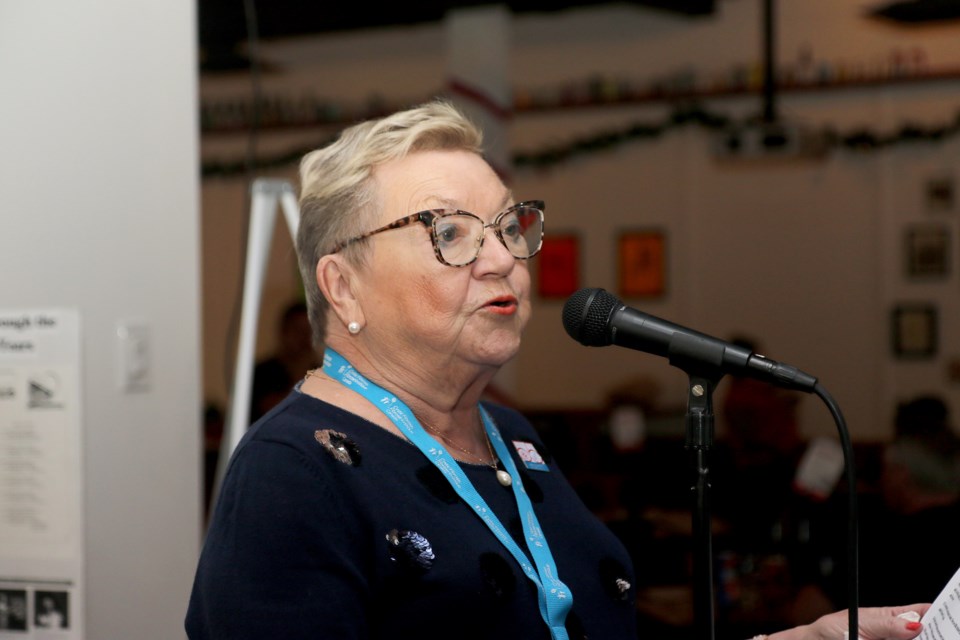THUNDER BAY – Fifty years ago, when children were diagnosed with cystic fibrosis, doctors told most families to enjoy the time they had with their child because it wouldn’t be long.
In the early 1960s, the life expectancy of a child diagnosed with the disease was about 10 years.
Today, those same children are living into their 50s.
On Saturday, the local cystic fibrosis support group celebrated a half a century together.
Liz Bortolussi, whose son Sean was diagnosed with cystic fibrosis and lived to be 51, said so much has changed in the past half decade.
“It was difficult, because at that time, the kids slept in a plastic tent, such as you might see oxygen people in. And it had to be cleaned once a week with vinegar and water. Friday was tent day, all day,” Bortolussi said.
“They had hundreds of pills to take, whereas now it’s down to one or two per meal. We had to do a postural drainage, which was more or less turning the kids upside down on your legs and pounding their lungs to get the mucus out.”
Because of advances in treatment, Sean was able to live a mostly normal life throughout his childhood, playing hockey and other sports like other children, going to class and even to university.
It was at that time the genetic disease, which affects about one in every 3,600 births in Canada, began to take a more serious toll on Sean’s life.
He began to be more isolated, as cystic fibrosis took more and more of a hold on his life and limited what he could do with it.
“Their friends have lives and interests that they can’t follow. Sean, when he was 44 years old, he had a double lung transplant and the transplant went perfectly well, but the drugs he took were toxic to him and so all kinds of things went wrong,” Bortlussi said.
“So the last six years of his life were pretty tough.”
Barbara Thomson, president of the Thunder Bay Cystic Fibrosis chapter said when the local organization began, children were often not diagnosed at birth. Today, that has changed and newborn screening can detect the disease almost immediately so treatment can begin.
“Children and adults are living longer. There are great advances in medical care and different theories on physio and activities. Children were often in tents in 1969 ... and now they’re encouraged to play football, to swim, to be actively engaged in their lives,” Thomson said.
“It gives you great hope, and with that hope, you are able to fundraise with such commitment, because you want a control or a cure.”
